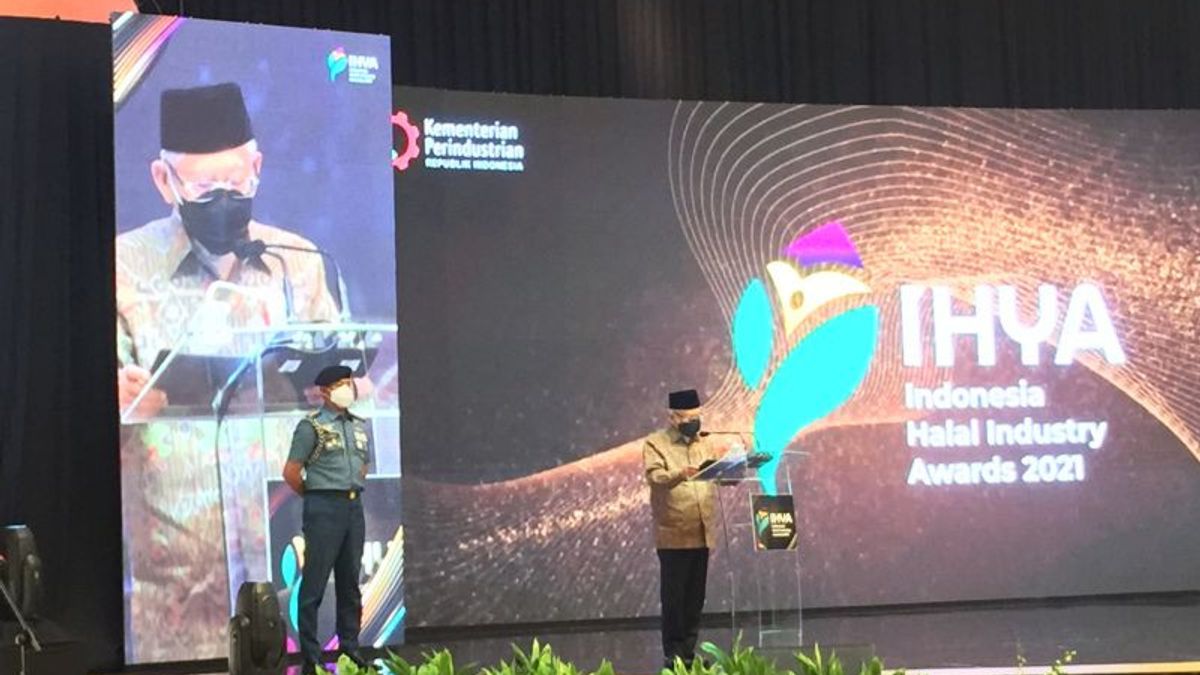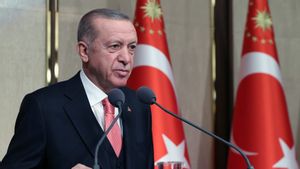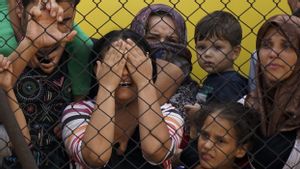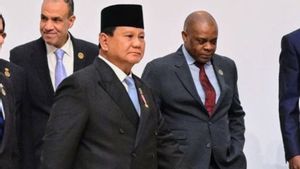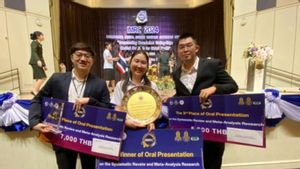JAKARTA - Vice President Ma'ruf Amin stated that there is room and opportunity for Indonesia to meet the huge domestic needs while at the same time attracting the share of trade in halal products at the global level.
Based on the Global Islamic Economy Report 2020/2021, Indonesia's Islamic economy and finance is ranked 4th in the world or an increase from the previous year which was ranked fifth.
"Indonesia's halal industry sector is in a fairly good achievement and on average it is ranked in the top 10 in the world, such as halal food at 4th in the world, fashion at 3rd place, and pharmaceuticals at 6th in the world," he said. at the Indonesia Halal Industry Awards (IHYA) 2021 award ceremony in Jakarta, Antara, Friday, December 17.
There are several factors that support Indonesia's opportunity to become the center of world sharia economic growth. The first is the demographics of Indonesian Muslims as the largest Muslim country in the world. Second, references and loyalty to local product brands are quite high.
Furthermore, said the Vice President, the fact that Indonesia has net exports of halal food and fashion products with a total export value of 22.5 billion US dollars and 10.5 billion US dollars, respectively.
"Fourth, the increase in direct investment in the field of Islamic economics," he said.
Finally, the concept of Islamic economics is universal and inclusive, which means that Islamic economics and finance have concepts for all levels of society, both in Indonesia and globally.
"The concept of sharia has even become a lifestyle as a choice of necessities of life," said the Vice President.
With a number of great potentials that Indonesia has, the government is said to have been determined to make Indonesia the center of the world's halal producers.
Therefore, he considers that it is necessary to strengthen the halal product industry through a series of programs and activities that can provide added value and encourage the quality of Indonesian halal products.
First, increasing the production capacity of halal products as an effort to meet global needs, such as through the establishment of Halal Industrial Estates (KIH), the establishment of halal zones, and halal certification.
Then, strengthening the Halal Micro, Small and Medium Enterprises (MSMEs) through the use of digital technology, increasing competitiveness, expanding market access, facilitating access to capital, and using digital technology.
"Third, improving the quality of human resources based on Islamic economics and finance as well as increasing public literacy on halal products," said Vice President Ma'ruf Amin.
The English, Chinese, Japanese, Arabic, and French versions are automatically generated by the AI. So there may still be inaccuracies in translating, please always see Indonesian as our main language. (system supported by DigitalSiber.id)
